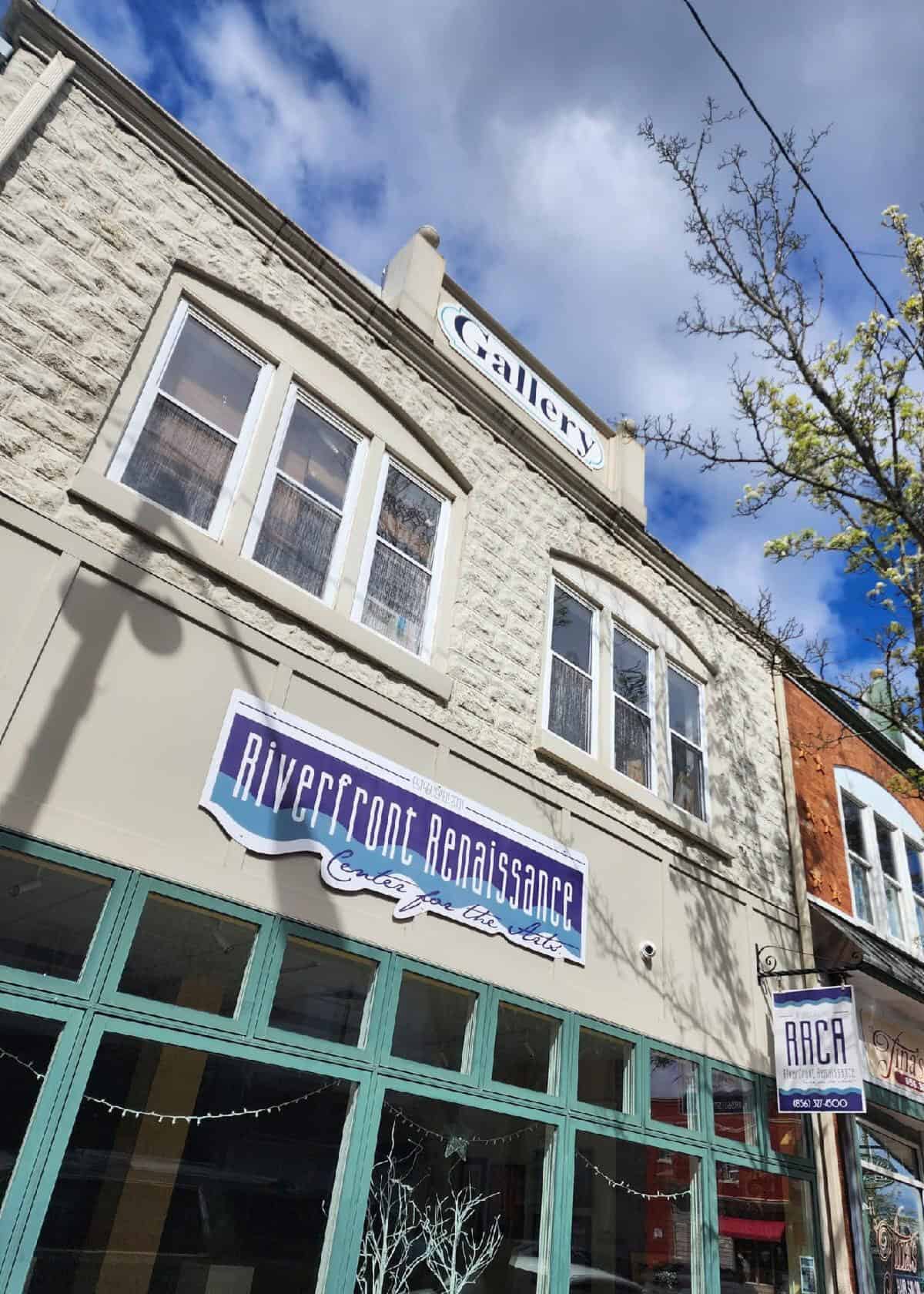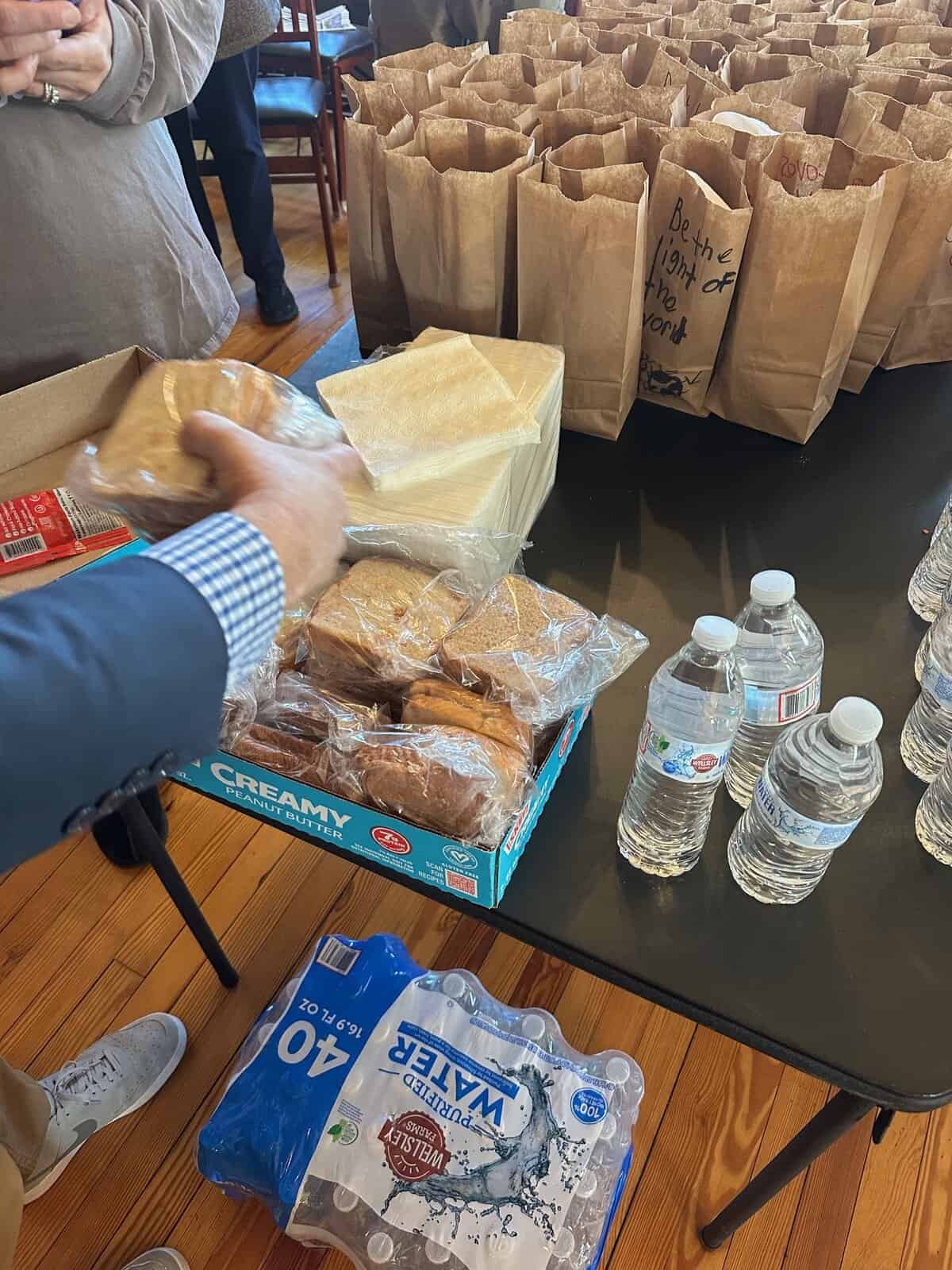Need FAFSA Help? NJ Offers College Students Free One-On-One Consultations

This story is being republished under a special NJ News Commons content-sharing agreement. Link to story: app.com/story/news/education/2024/07/23/fafsa-nj-students-free-consults/74510284007
New Jersey is providing one-on-one financial aid consultations for college students who need help completing their Free Application for Federal Student Aid, or FAFSA, after a much-touted revamp of the form was set back by delays and errors in its rollout by the federal government.
The U.S. Department of Education announced in late January that colleges would not be notified of their applicants’ federal aid eligibility until mid-March, at least a month later than usual. The redesigned application form was the result of bipartisan legislation to revise the student aid formula, making it more user-friendly, shorter, multi-language and easier to fill out.
But technical glitches affected the accuracy of data in the already-delayed application, making for a botched rollout that had colleges extending application deadlines.
The new FAFSA, usually available Oct. 1, did not become fully available online until mid-January 2024, after which it operated with errors that impacted a variety of students. The government called attention to this in March.
The FAFSA is administered by the U.S. Department of Education, and allows college-bound students to be considered for federal student aid. In addition, states and colleges use FAFSA information to award their own grants, scholarships and loans.
The deadline to complete the FAFSA to receive a Pell Grant for the 2024-25 academic year is June 30, 2025.
To be automatically considered for state financial aid such as the New Jersey College Promise and Tuition Aid Grants, or TAG, New Jersey’s FAFSA deadline for first-time college students and those who did not previously receive TAG in the 2023-2024 academic year is Sept. 15. The state financial aid deadline for returning college students who did receive TAG in the 2023-2024 academic year was June 1.
The FAFSA’s shortened timeline was not its only challenge, said Margo Chaly, executive director of the state-run Higher Education Student Assistance Authority. “Many students and families throughout the country encountered a number of errors and glitches with the form while trying to submit an application,” Chaly said.
“Many students had to wait much longer than anticipated to find out how much financial aid they could receive to attend college in Fall 2024,” Chaly said in a statement, which in turn delayed their enrollment decisions.
Free help for NJ students affected by FAFSA delays: HESAA is providing free, virtual, one-on-one consultation sessions for students affected by the FAFSA delays using federal funding, according to an announcement it made recently. The consultation sessions are intended to help families meet New Jersey’s financial aid eligibility deadline of Sept. 15 for first-time college students.
The deadline for returning students who received Tuition Aid Grants from the state last year has passed. HESAA had extended it from April 1 to June 1 this year, “to give those returning students more time to complete their application,” Chaly said.
Students can sign up for sessions at hesaa.org/Pages/FAFSAScheduler.aspx. The program offers personalized online support from contracted financial aid experts, HESAA said in its announcement. During a one-hour virtual session, a financial aid specialist will walk a student through the FAFSA process, and address questions the student may have.
Following the delayed rollout of the new FAFSA and a data-processing error, the federal government released $50 million to help state governments provide support services to help affected students and families.
New Jersey is using a $100,000 federal award to provide the free one-on-one consultation sessions conducted by external financial aid experts the organization uses to conduct in-person workshops throughout the year.
“We are determined to close the FAFSA completion gap,” Cindy Marten, U.S. deputy secretary of education, said in May when announcing the funding. The money “will support states, districts, and community-based groups build capacity and leverage their power to ensure that every student who needs help paying for college turns in their FAFSA form,” Marten said.






